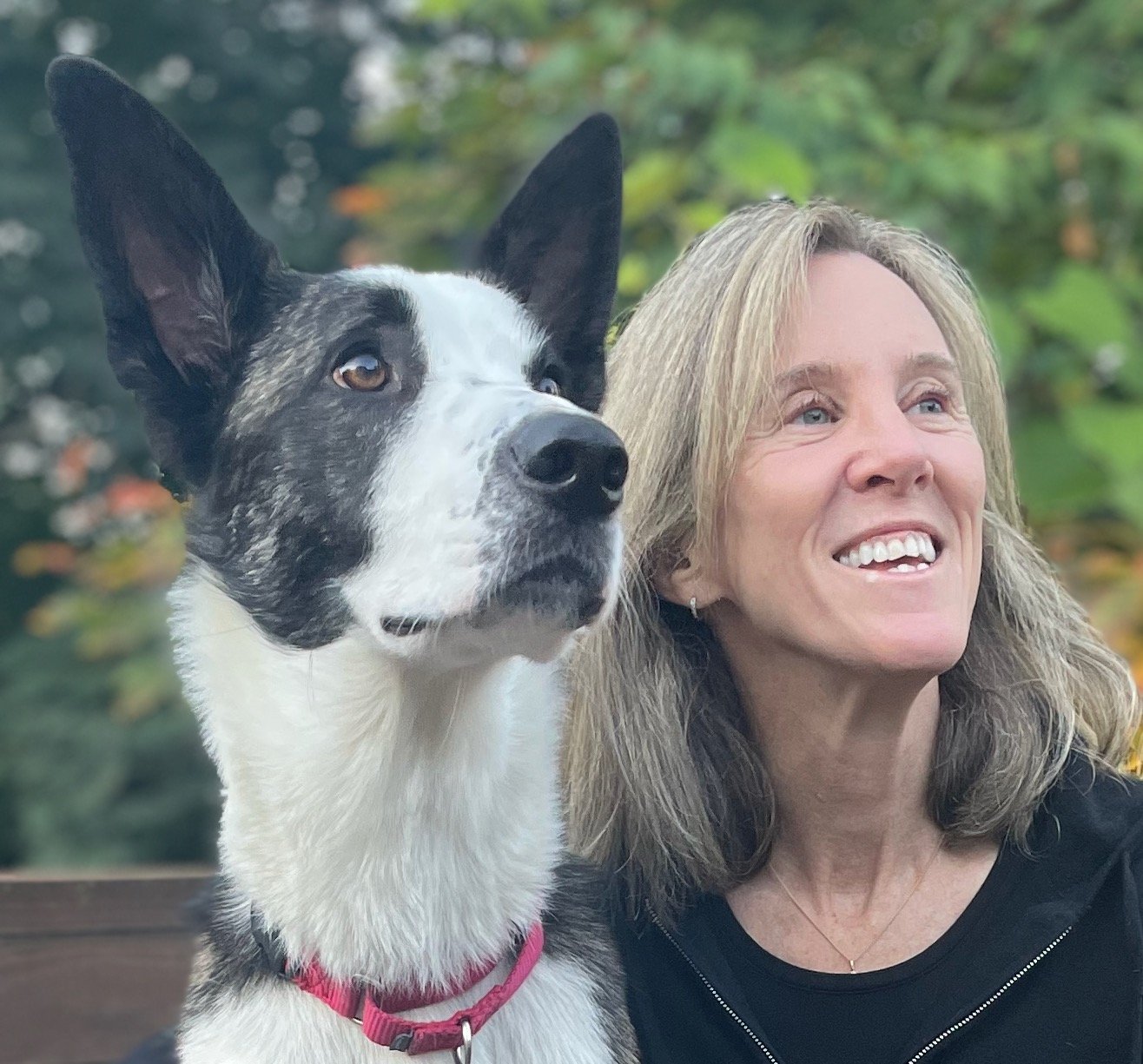You have /5 articles left.
Sign up for a free account or log in.

andrei_r/istock/getty images plus
S. Georgia Nugent, president of Illinois Wesleyan University, whose career I’ve tracked for the past 35 years, generously gave me some advice recently (the same she’s offered in these pages): create the job you want. I’m trying to do just that.
Don’t get this wrong. I am fortunate to be a full professor teaching in a field (creative writing) that I love. I’m thrilled when students take a course because they “need” it and realize, OMG, nonfiction doesn’t suck! In this job, I’ve had a zillion degrees of freedom to write whatever I want, including a book about long-distance running from the University of Nebraska Press; a young adult novel and a book about rats published by Farrar, Straus, and Giroux; and two guides for the University of Chicago Press’s series on writing.
But the 16 years I’ve been teaching is the longest I’ve spent in a career, let alone a job. I crave new challenges, and now I’m ready for another move. And I’ve figured out something that I think fills a need—a big one—but the position doesn’t seem to exist in most places.
Here’s what I have in mind.
Scholars need a lot of help, now more than ever, and some more than others. In a professorial career, writing and publishing is the easiest thing to neglect because, really, it’s the hardest. If you don’t show up to teach, public failure! Junior faculty get dragged into service work, and people of color are tapped for every committee and do a boatload of informal unpaid advising. Faculty are tuckered out, strung out and burned out. So writing gets shunted aside, and before you know it, publishing deadlines creep up, and whammo—like hypertension, not writing can be the silent killer of a promising career.
Tenured faculty, sitting atop a bunch of terrific and important research, often want to reach a broader readership beyond their niche field. But they’ve been trained to write in ways that don’t lend themselves to reader-friendly prose. And no one has ever taught them how to get an agent or what a trade book proposal should look like (or that you don’t finish a draft of a nonfiction manuscript before you sell the project).
As George Orwell said, “Writing a book is a horrible, exhausting struggle, like a long bout of some painful illness.” The only way I have been able to produce books is to make sure I have plenty of care to get me through it. I’ve always had an agent on board from the beginning to help me think through the form and content—and in the case of a project that took 10 years to finish, to check in every so often with a sweet email that said, “Just checking in.” That was often enough to get me working again.
I knew she’d sell the book to an editor excited about the work and who would be waiting to receive a manuscript. And I knew that even when I think I’m done, my editors have helped me get where I’m trying to go but haven’t quite reached. They point out problems I couldn’t see. (That is why they are called blind spots.)
Without those sources of advice, support and encouragement, I’d rather dig ditches. Authorship is often lonely, miserable work.
Most academics don’t write books that will pay enough to make it worthwhile for an agent to represent, and most university press editors don’t have time to do serious developmental editing. So, as in centuries past, many scholars have to labor on their own. But given the current state of the world—and the pressures on those of us in higher ed—it just seems harder now than it’s ever been.
I’ve been fortunate, and now I want to be of service.
Everything I’ve done in my odd career—scholarly book acquisitions editor, undergraduate admissions officer, author of my own six (now almost seven) books, professor of creative writing—now works together to make sense, though at each juncture I flailed trying to figure out what to do next, wanting to find a new challenge. A continuous thread has been my regular contributions to The Chronicle of Higher Education for the past 25 years and, more recently, to Inside Higher Ed. This zigzaggy path has mostly been around writing, publishing and higher ed, with a bunch of ultra-long-distance running competitions and nutty horseback races thrown in for fun and profit. Mostly fun.
Now I’m trying to find a way to put to use skills I’ve spent decades honing. Mostly I’ve helped folks, usually professors or young people, learn how to write better—to sound on the page like the best versions of their authentic selves, whether in book proposals or college admissions essays.
What I’d love to do is assist academics with scholarly work, including junior faculty struggling with first books, STEM folks never trained to write for nonscientists and senior faculty and administrators eager to publish for general audiences. I’ve done on-campus workshops over the years, but to make a difference you need lots of one-on-one time. The friends (and some strangers) I’ve helped with book proposals can attest to my dedication and rigor; their books have gone on to gain contracts and win awards.
My dream job is to work in-house somewhere—a university, a foundation, a street corner—and mentor authors to help them produce books and articles that matter to them and that they need for professional advancement. I see myself as a kind of elephantine matriarch, caring for and protecting the herd. Or, perhaps, as a more supportive Lucy from Peanuts with a little sign that says, “The book doctor is in.” After giving hands-on advice about manuscripts, I’d ask for 5 cents, please, and remind academics they have the distinction to be their singular remarkable unique selves—and that is the path to writerly success.
The problem is most university centers for teaching and learning don’t focus on faculty writing development, though there are exceptions. Some places, like Yale University’s Scholars as Leaders; Scholars as Learners, offer short-term courses taught by folks brought in for the gig, and I’ve heard about programs like Duke University’s Faculty Write that does this kind of work. But generally, people are expected to know how to do the scholarly part of their jobs. Sure, workshops are offered and writing groups assembled, but based on how many people reach out to me and the cottage industry of book fixers—often Ph.D.s who didn’t get academic jobs, have no experience in publishing and have never written a trade book—I think there’s a real need for more sustained institutional help for faculty writing.
Publish or perish is as real now as it’s ever been, and scholarly presses can no longer afford to put out books read only by the author’s family members. Universities, instead of continuing to pump out graduate students, might be wise to invest in supporting the faculty they’ve hired and set them up to succeed, especially at a time when everyone is taxed and burned out but still expected to produce.
Of course, I could do this work as a freelancer if I didn’t have a day job. Except class privilege rubs me the wrong way, just as it did when I worked in college admissions. Those who can afford extra help get it privately, and often they are the folks who need it least. I wish some university with deep pockets and a meaningful commitment to faculty development would give me and other recovering university press editors—along with writers who’ve had successful careers but want the intellectual stimulation and stability of working on a campus, Ph.D.s who have fallen or jumped off the tenure ladder, and professors of creative writing ready for a career change—a little office in a welcoming space.
I’d love to be able to develop ongoing writing and editing relationships with members of a university faculty. And I’d be happy to say, after every session working on a manuscript, “That’ll be 5 cents, please.” And have that be the total amount they pay to have someone working by their side and invested in their success.





